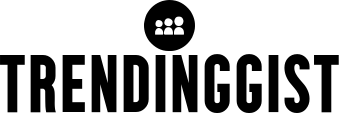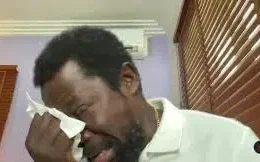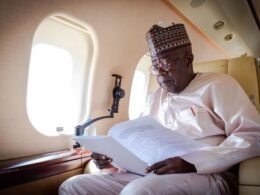The World Health Organisation (WHO) has raised serious concerns over the potential consequences of the immediate suspension of funding for HIV programmes in Nigeria and other low- and middle-income countries under the United States President’s Emergency Plan for AIDS Relief (PEPFAR). The funding freeze threatens to disrupt access to life-saving antiretroviral treatment (ART) for millions of people and could reverse decades of progress in the global fight against HIV/AIDS.
Impact on Nigeria and Other Affected Countries
- More than 1.9 million Nigerians currently rely on PEPFAR-funded ART.
- The suspension could increase illness and death rates among HIV-positive individuals.
- It may hinder prevention efforts, leading to more new infections.
- The world could revert to the 1980s and 1990s HIV crisis, when millions died from the disease annually.
WHO’s Urgent Appeal
WHO Director-General, Dr. Tedros Adhanom Ghebreyesus, has urged the U.S. government to allow more exemptions to ensure the continued supply of HIV treatment and care.
He warned:
“A funding halt for HIV programmes can put people living with HIV at immediate increased risk of illness and death and undermine efforts to prevent transmission in communities and countries.”
He also stressed that this could jeopardize scientific advances that have improved HIV care, including innovative diagnostics, affordable medicines, and community-based treatment models.
PEPFAR’s Legacy in Nigeria
Since 2003, PEPFAR has played a critical role in combating HIV/AIDS in Nigeria, with:
- $7.8 billion invested to strengthen healthcare systems.
- Expansion of antiretroviral treatment sites from 25 in 2001 to over 1,000.
- A drop in HIV infection rates from 5.1% in 2003 to 1.4% in 2018.
- Support for data management, policy development, and human resources.
Future at Risk
PEPFAR’s goal is to eliminate HIV/AIDS as a public health threat by 2030. It aligns with the global “95-95-95” targets:
- 95% of people with HIV diagnosed.
- 95% of diagnosed individuals on ART.
- 95% of those on ART achieving viral suppression.
If funding remains suspended, these targets could become unachievable, putting millions at risk. WHO continues to call for urgent U.S. intervention to prevent a major health crisis in Nigeria and beyond.








